Christian Realism vis-à-vis the Liberalism of Fear: Thoughts on Samuel Moyn’s “Liberalism Against Itself”
Herbert Butterfield and Reinhold Niebuhr, the two great 20th-Century Christian Realists, must be essential to a recovery of liberalism
Matthew AndersenOctober 12, 2023
In Defense of Cold War Liberalism
Hard to imagine why Yale University Press would publish Samuel Moyn’s new book when its narrative is so detached from reality
Jeffery Tyler SyckOctober 4, 2023
For Valour: Queen for Our Times
Robert Hardman has written an excellent biography of the late Queen Elizabeth II
Robert MorrisonSeptember 28, 2023
Scowling Liberty: Review of Gary Gerstle’s “The Rise and Fall of the Neoliberal Order”
Historian Gary Gerstle traces the rise and fall of the neoliberal regime in his new book
Mark R. RoyceSeptember 21, 2023
Review of Sohrab Ahmari’s Tyranny, Inc.
Ahmari’s book is a welcome contribution to the public debate on the limits of free market enterprise.
Max ProwantSeptember 18, 2023
Golda Meir: Israel’s Matriarch
Who was Golda Meir, Israel’s first and only female leader?
Sean DurnsSeptember 7, 2023
Winston Churchill’s “The River War”
Winston Churchill described his book, “The River War: An Historical Account of the Reconquest of the Soudan,” as “a tale of blood and war.”
Justin D. LyonsAugust 1, 2023
“Two Corinthians” – Religious Populism in the West
Donald Trump’s infamous “Two Corinthians” reference has proven exemplary of the relationship of right-populism and religion.
Jeffrey CimminoJune 9, 2023
Reckoning with Colonialism
Nigel Biggar’s new book is a spirited, well-argued defense of British history against its popular progressive detractors.
Mike CotéJune 7, 2023
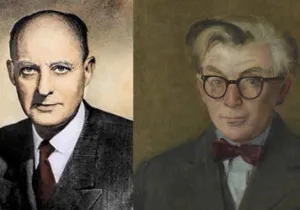
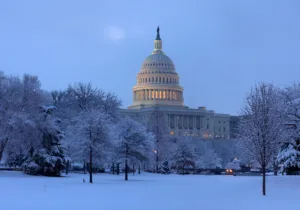
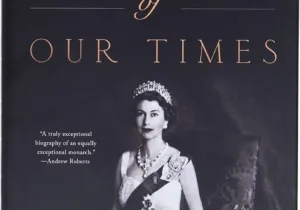
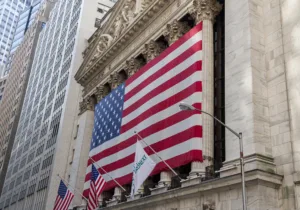
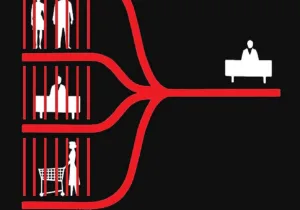
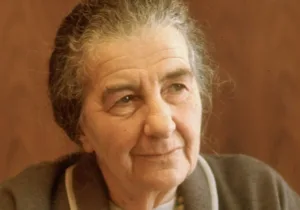
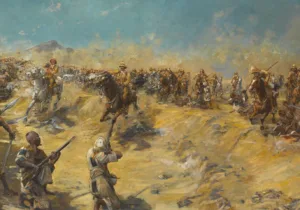
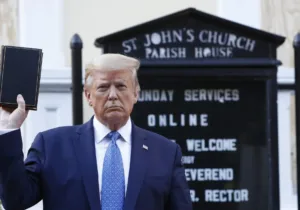
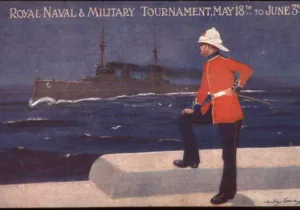

 Sponsor a student for Christianity & National Security 2024
Sponsor a student for Christianity & National Security 2024